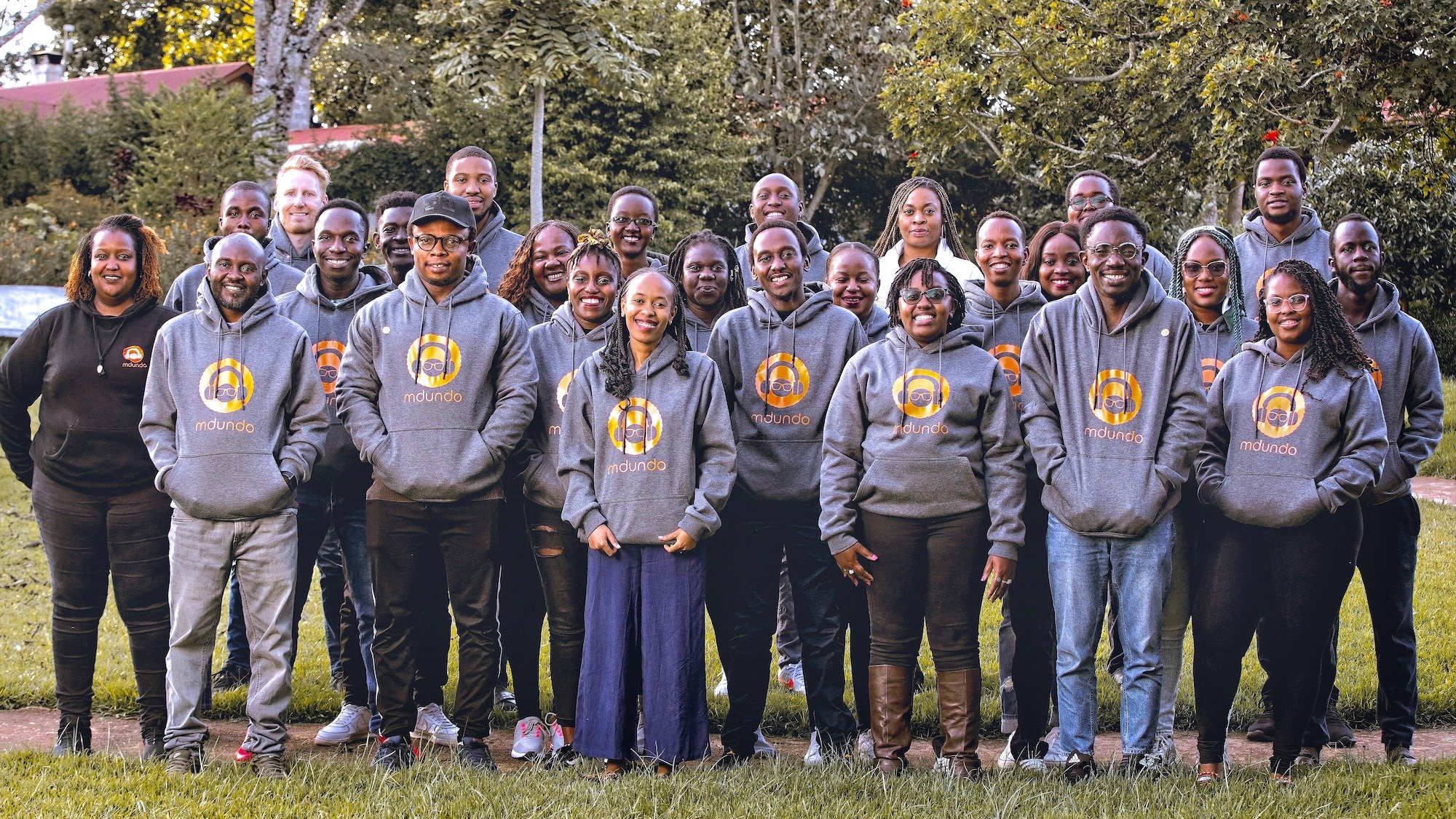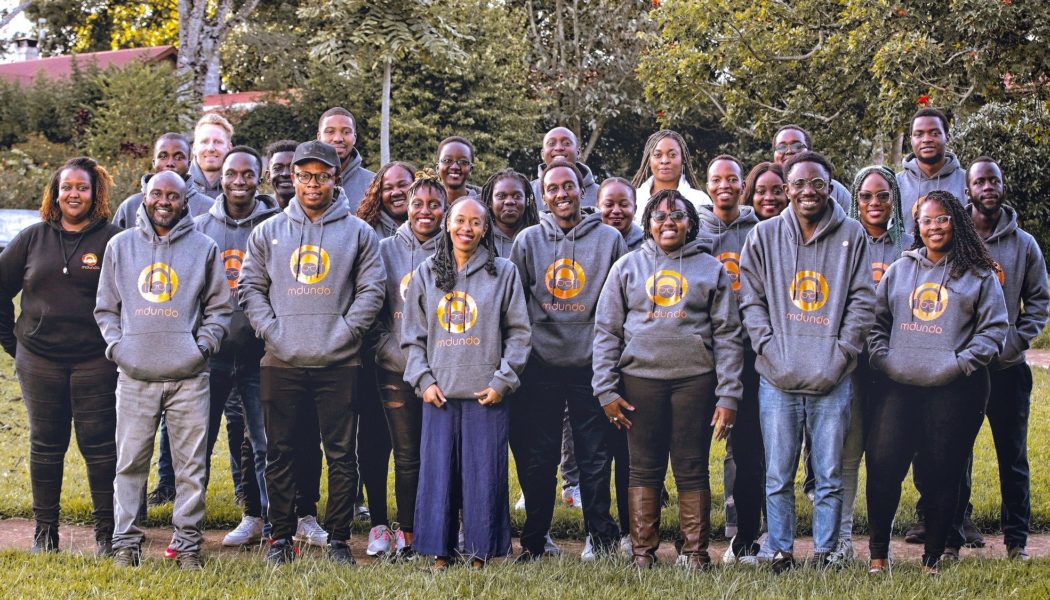
Africa-focused music streaming service Mdundo is projecting a 35% increase in monthly active users (MAUs) over the course of the next fiscal year, thanks to partnerships with wireless providers and a rapidly growing African wireless subscriber market.
In guidance released last Thursday (June 22), Mdundo said it expects to hit 35 million MAUs in FY 2023-2024, which for the company begins on July 1. That would mark an increase of 9 million users from the 26 million Mdundo recorded during the fiscal year currently ending.
If Mdundo’s projection comes to pass, it will mean the service will have increased its MAUs by seven-fold since the company’s IPO in 2020. Mdundo listed on the Danish stock exchange (the Nasdaq First North Growth Market) in September 2020, with 5 million active users at the time.
The company was established in Kenya in 2013 and is headquartered in Denmark. Although its streaming music service is available worldwide, its focus is on hyper-local African musical talent and users in 15 sub-Saharan African countries, with Nigeria, Kenya, Tanzania, Ghana and South Africa being its key markets.
Those five countries have a population of 422 million people, and “offer substantial growth opportunities due to high internet penetration rates and robust economic development,” Mdundo said in its forecast. The five countries accounted for 16.6 million of Mdundo’s 24.5 million MAUs as of the third quarter of the current fiscal year.
The company is also forecasting a 31% growth rate for revenue in the coming fiscal year, projecting a range of DKK 17-21 million (USD $2.5-$3.1 million), up from an expected DKK 13-16 million ($1.9-$2.4 million) for FY 2022-23.
That would represent an 11- to 13-fold increase in revenue since the company’s 2020 IPO.
The company is forecasting an EBITDA loss of between DKK 6.5 million and DKK 7.5 million ($955,000-$1.1 million), a roughly 10% improvement on the forecast EBITDA loss of DKK -7 million to DKK -8.5 million in the current fiscal year.
The company reiterated its expectation that it will achieve positive EBITDA by 2025.
Mdundo’s growth has been fueled by its strategy of partnering with local wireless providers in its key markets, a move the company says allows it to overcome the problem of low penetration of payment cards among African consumers.
“It allows the customers an easy and simple method of payment for our premium product,” Mdundo CEO Martin Nielsen said in an interview with MBW last September.
The company signed partnerships with Vodacom Tanzania and MTN Nigeria in 2021, and also has partnerships with MTN in Ghana and South Africa and Airtel in Nigeria. Those partnerships give Mdundo access to 185 million wireless subscribers, and revenue from users brought in through these partnerships accounted for 33% of Mdundo’s total in H1 2022-23, the company said.
In its mid-year report for FY 2022-23, Mdundo reported a “significant increase” in revenue from paid subscribers through these partnerships. The streaming service offers both a paid (daily, weekly or monthly) tier as well as an ad-supported tier.
Africa presents both a challenge and an opportunity to the music industry, in that it is a rapidly growing market, but one with lower-than-average incomes.
According to a 2022 report from GSMA, 615 million people in sub-Saharan Africa are expected to sign up for mobile services by 2025, on top of the roughly 500 million that were already subscribed as of 2020.
“Africa is a massive continent, and it is massively underserved across all industries, including the music industry.”
Martin Nielsen, Mdundo
The report noted that 40% of the region’s population is under the age of 15, so “young consumers owning a mobile phone for the first time will remain the primary source of growth for the foreseeable future.”
“Africa is a massive continent, and it is massively underserved across all industries, including the music industry,” Nielsen said in the MBW interview.
“Providing locally relevant solutions to this audience is the biggest opportunity… The continent is extremely segmented, not only is every country different but each customer segment within the country has different listening habits that needs to be catered for. At Mdundo we’ve experienced great growth by tapping into local consumer habits.”
Nielsen said that Mdundo’s target audience “is significantly different to [other] streaming services. The mass market in Africa is primarily accessing music through illegal channels and it is our vision to provide them with a legal and easy alternative that is usable within the device, internet and income restrictions of this audience.”
The company says that around 80% of the music consumed in its key focus markets is from its African music catalog, which is nearing 500,000 songs uploaded by 140,000 artists.
Nielsen predicted last year that, at some point in the future, 15-20% of all music consumed globally will be African.
“The music industry is going through a massive democratization… It is extremely exciting to see that as music services are capturing global audiences so does the popularity of local styles, genres and musicians. The movement is funding local ecosystems and enforcing the growth of local music further,” he told MBW.Music Business Worldwide









